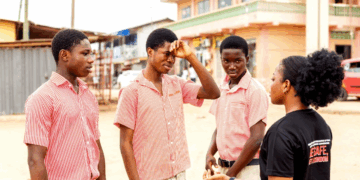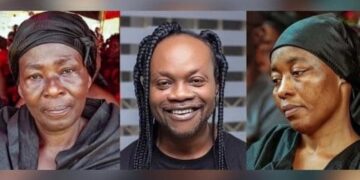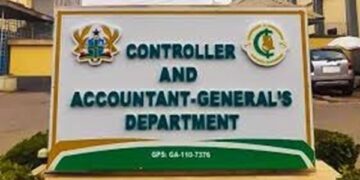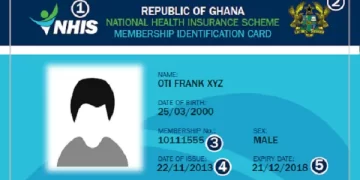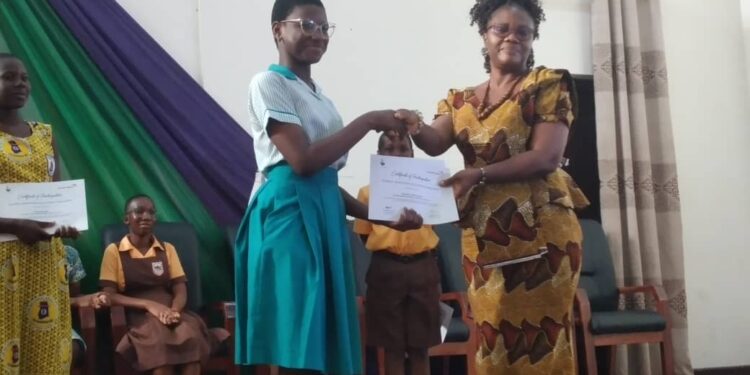World Vision Ghana, in partnership with Kings Hall Media Limited, the Ghana Education Service, Zoomlion Foundation, the Ministry of Sanitation and Water Resources has held the first semi-final (The masters Encounter) for the Southern Sector in the on-going School Sanitation Solutions (Triple-S) Challenge.
At the Master Encounter, a total of ten (10) contestants from the Southern Sector which comprises Central, Western, Western North (Coconut Zone) and Greater Accra, Oti and Volta Region (Tilapia zone) were selected to defend their scripts and demonstrate their understanding in issues of environmental sanitation affecting their schools.
After a fierce competition among the ten contestants, Vanessa Lamicy Asiedu, a Junior High School two of the Saint Benedict Subre School topped the Tilapia zone while Adwoa Appiah Kubi from Effutu M.A Basic School emerged winner from the Coconut zone.
They also qualified to proceed to the grand finale to be held on Sunday, August 13, 2023 at the National Theatre as part of the 2nd Children Sanitation Fair.
Addressing the media after the competition, a lecturer with the Department of Geography and Regional planning, UCC and Water, Sanitation and Hygiene (WASH) researcher, Professor Simon Mariwah said the program is key to influencing children to become sanitation conscious and agents of change.

“Sanitation challenges in Ghana is overwhelming the country. And so, we believe that if we’re able to imbibe these in children, if we’re able to empower them, if we’re able to educate them and incorporate the kind of good sanitation behavior in them, we believe that they will be more likely to be good change agents, both for their parents and for their peers and for other people, the adults they interact with”, he said.
Read Also: Contact your banks to sort out payment of loans issues: Executive Secretary of GHASALC to Ghanaians
According to him, it is the belief that if the children are trained from the beginning of their formative years, they will be able to be the great change agents.
“When children talk to children, it is better than when adults are talking to children. And so, they also serve as role models for them. Most of the victims of poor sanitation are children, especially those who are from vulnerable communities. And it is important that we get people like these children to be change agents as we aspire for. So, it’s very important that we engage with something like this” Prof. Mariwah stated.
He, therefore, appealed to other international and local NGOs to also get involved in such innovative ventures in other to train and build the capacities of more children to do the right thing.
Prof. Mariwah added that once the children are trained, they are going to grow with it and transfer the knowledge and the practices that they have acquired to their children and the younger generations to come.
The Cape Coast Metro Director of Education, Mrs. Phyllis Asante-Krobea added that she sees the competition not just as a contest but as way of gaining on environmental issues for positive change.

“Talking about this project, even I’m surprised because when the topic came, we asked the students what to write so that at least they themselves will come out with an innovative way because our challenge is coming from the children. We have some of the toilet facilities in our school but educating them on how to use it as if, we were telling them. But this time around, when the topic came and they were supposed to write, they themselves sat down and looked at it and decided to come up with an innovative way of using the toilet facility in order to impact on their academic performance” she said.
She also indicated that the competition is a learning process for the children and it will encourage them to practice cleanliness in their various communities.
“I believe that if the children are now thinking of the importance of keeping their sanitary conditions well, then it will impact on teaching and learning and all the money we are pumping into education will not be waste”, she said.
Vanessa Lamicy Asiedu, one of the contestants who qualified to the Grand Finale, speaking to the media of her feat said she joined the competition to solve sanitation problems across the nation because she has realized that some places in Ghana are very dirty and the only way to create a clean environment is through the competition.
“I also realized that public schools especially have very dirty toilet facilities, which are mostly in a deplorable state. So, I hope that today’s challenge I’ll be able to solve most of the toilet facility problems in Ghana”, she said.
On her part, Adwoa Appiah Kubi who also qualified to the Grand Finale stated that Ghana has a challenge when it comes to sanitation.
“The sanitation in Ghana is very poor, so I wanted to join so that I can help bring ideas to improve Ghana’s sanitation. I’m hoping that these ideas will be used especially in the rural areas, so that we can develop rural areas and further develop the urban areas, too”, she stated.
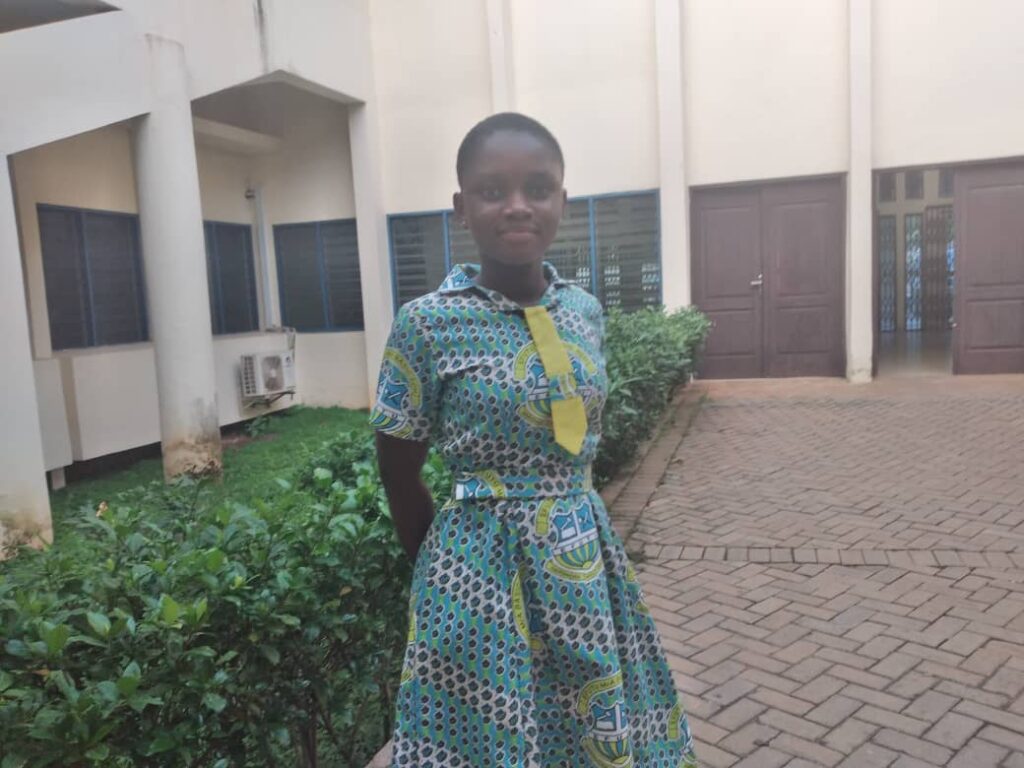
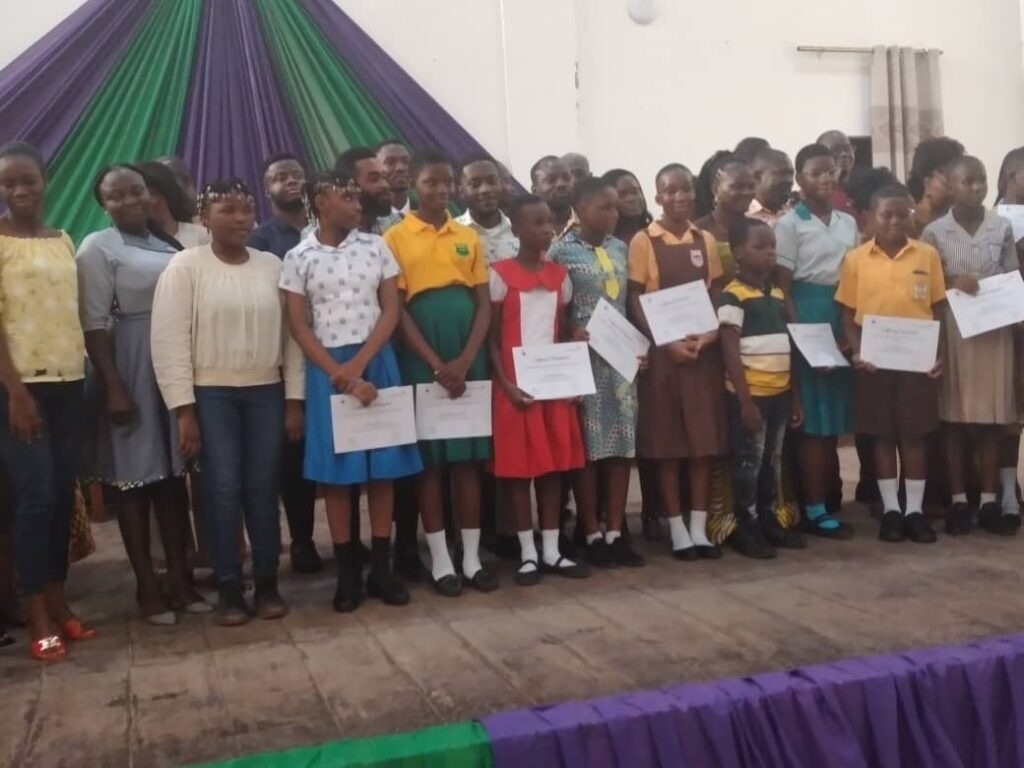
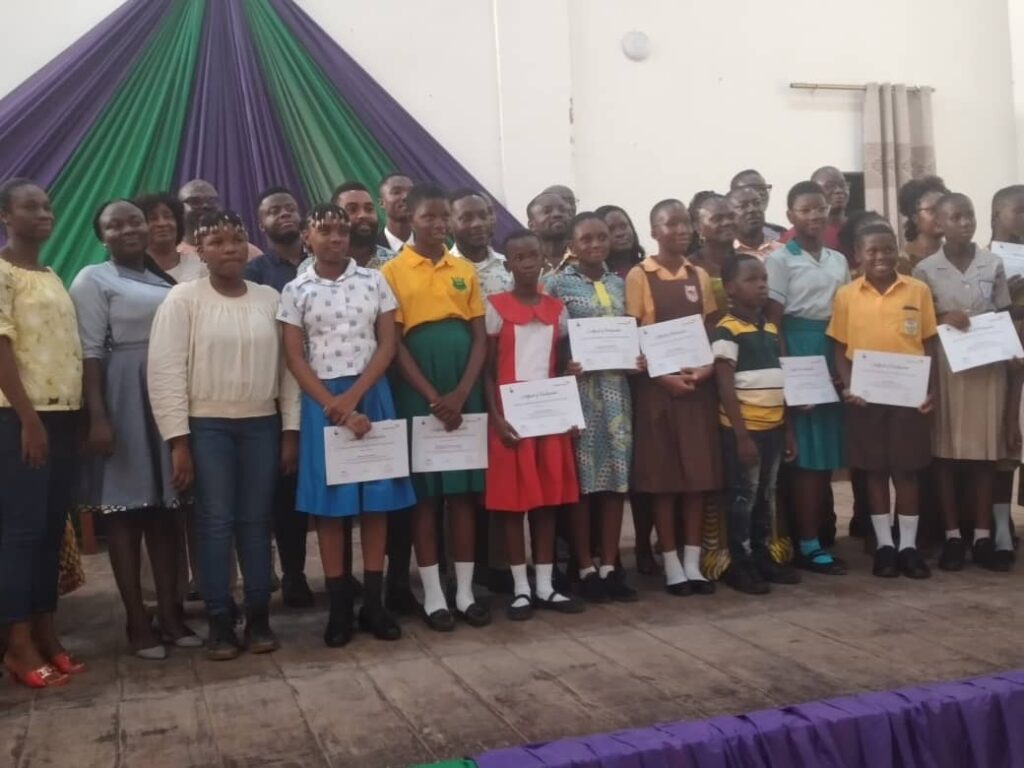
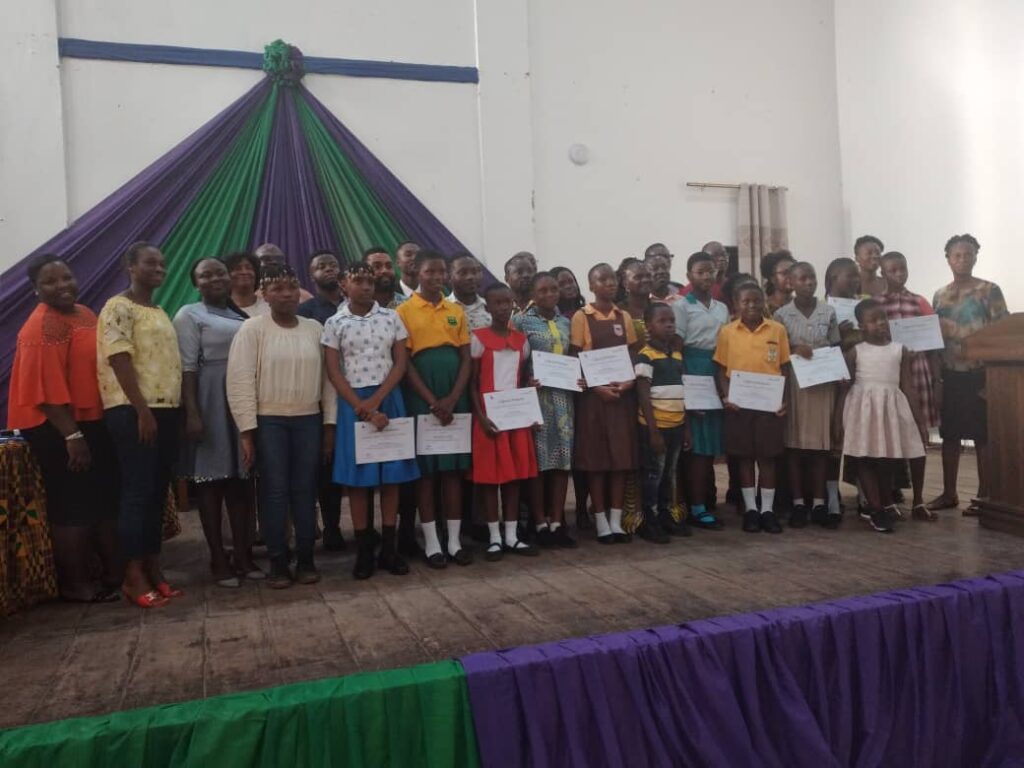
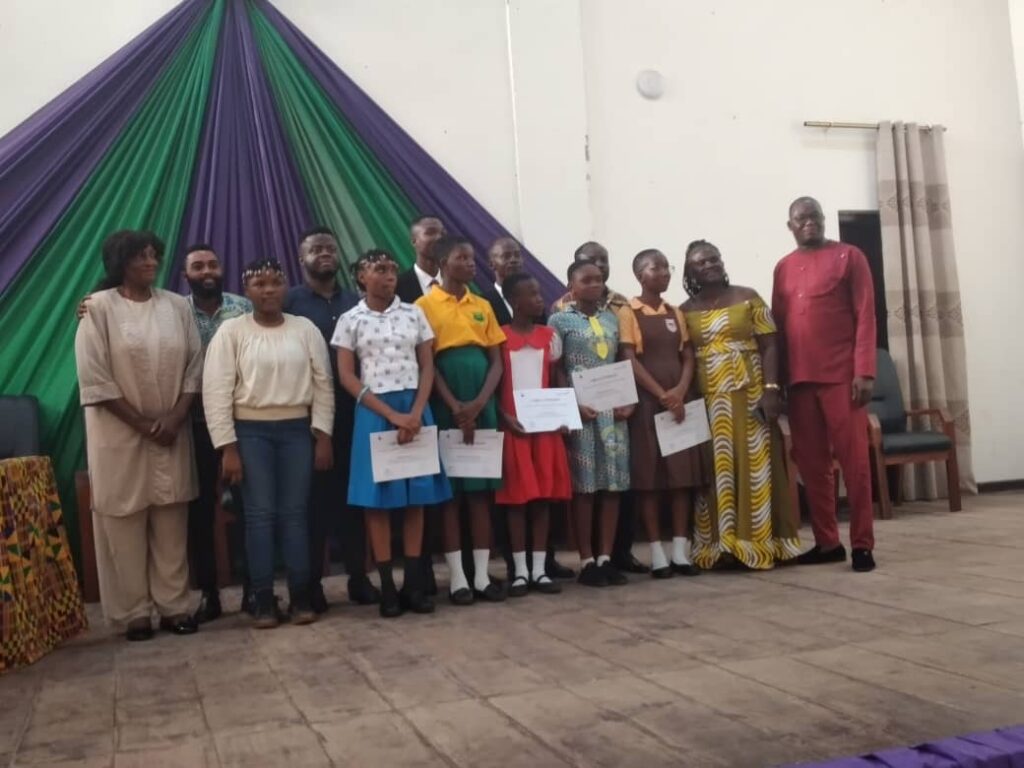
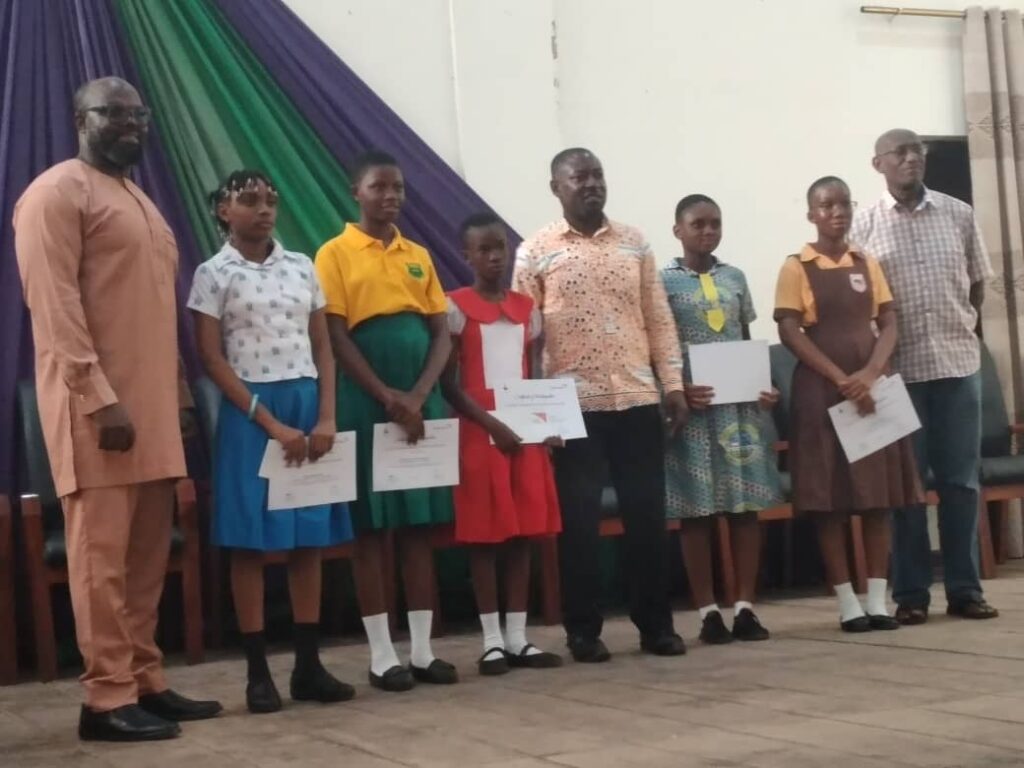
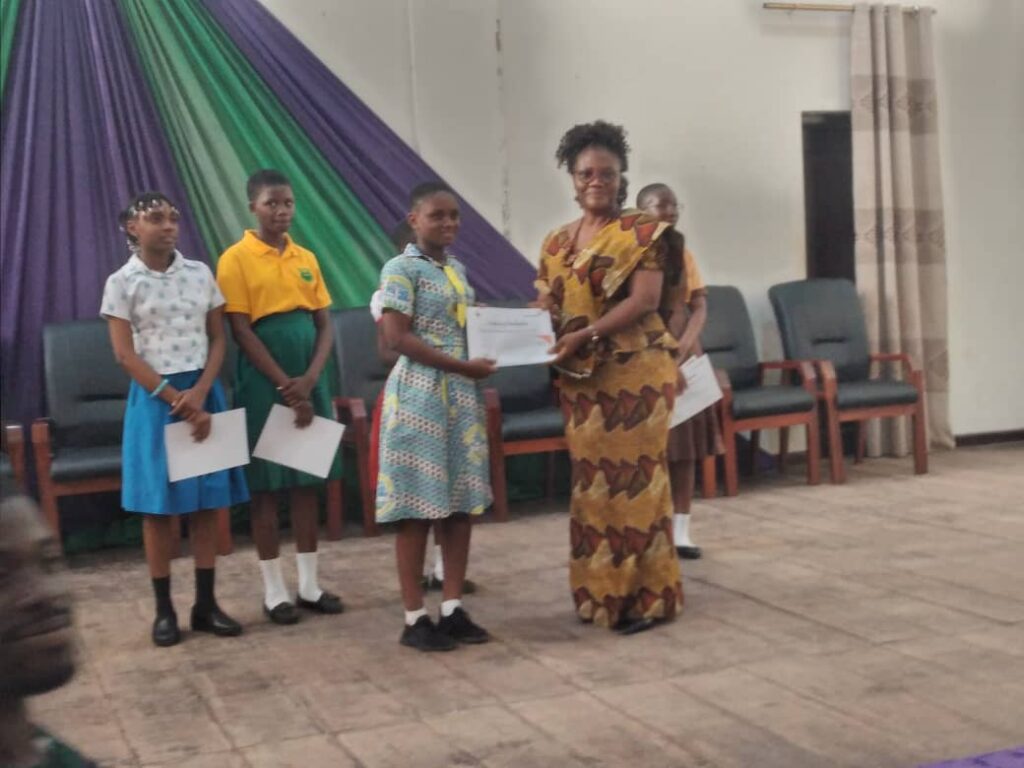
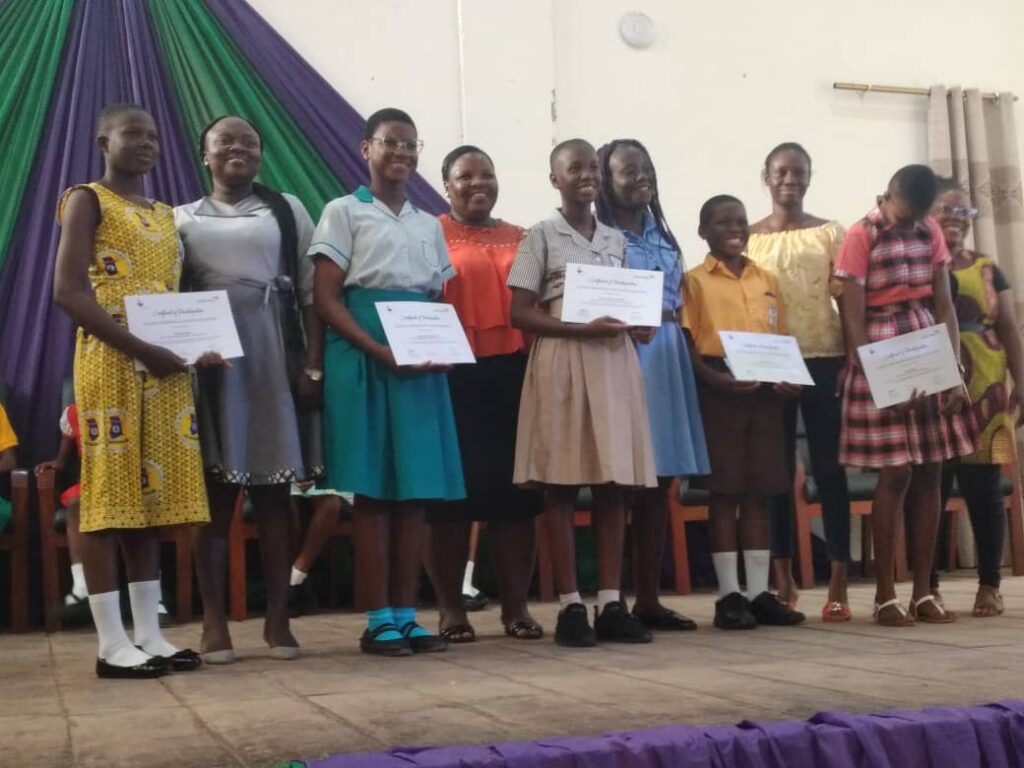
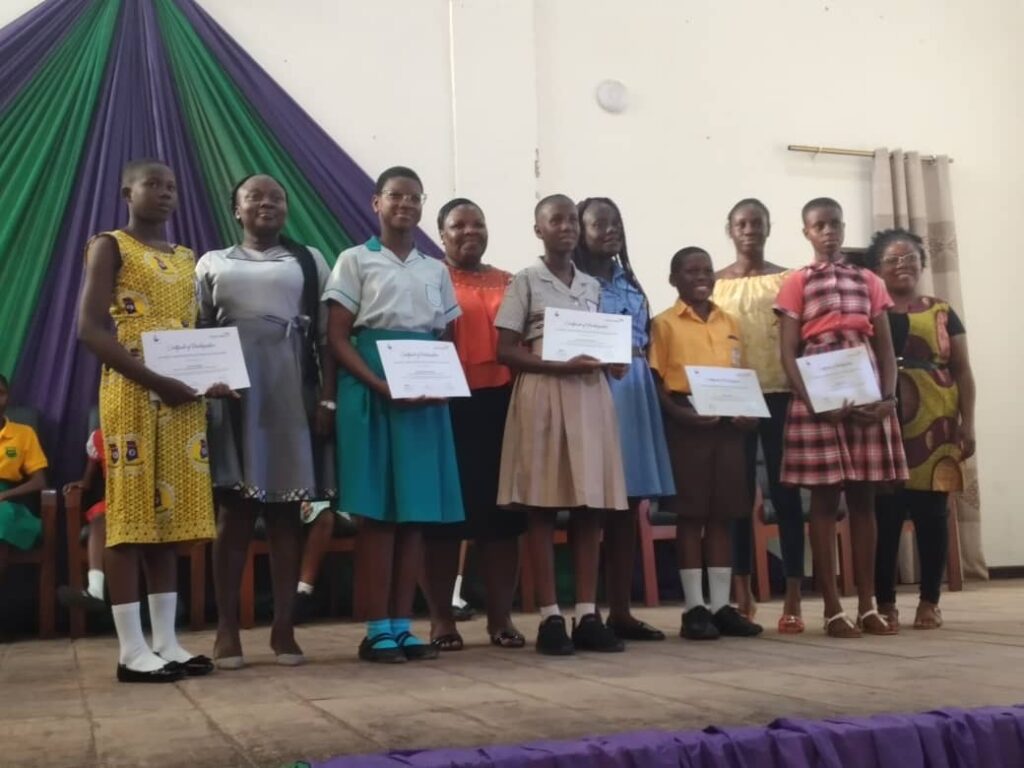
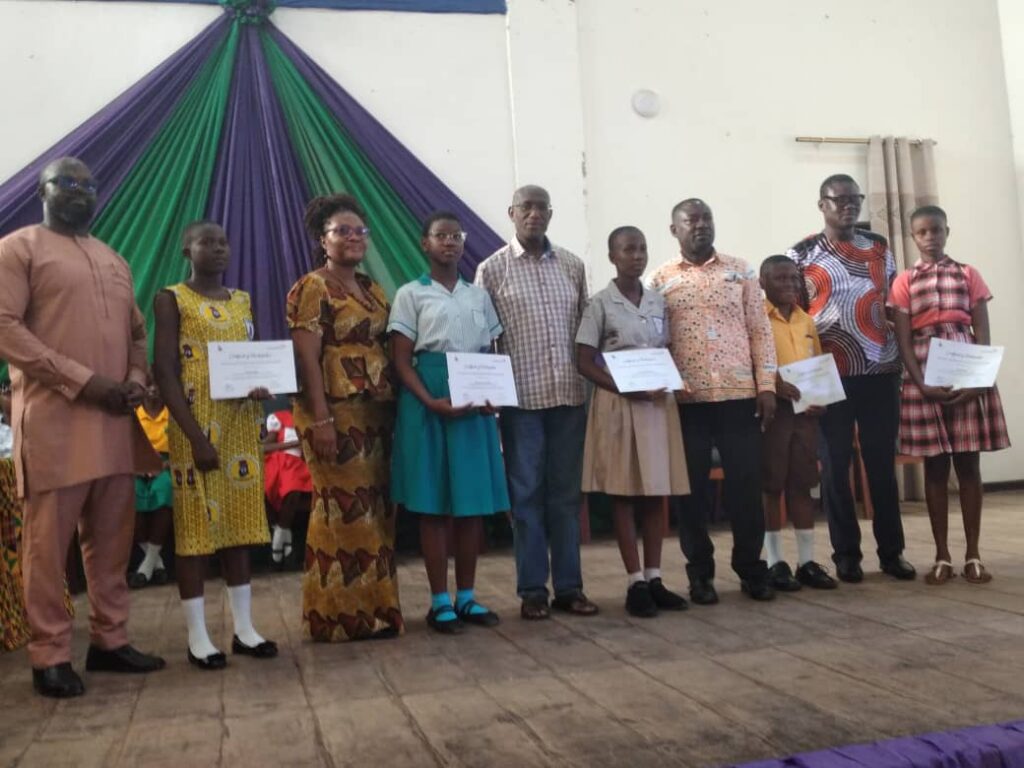
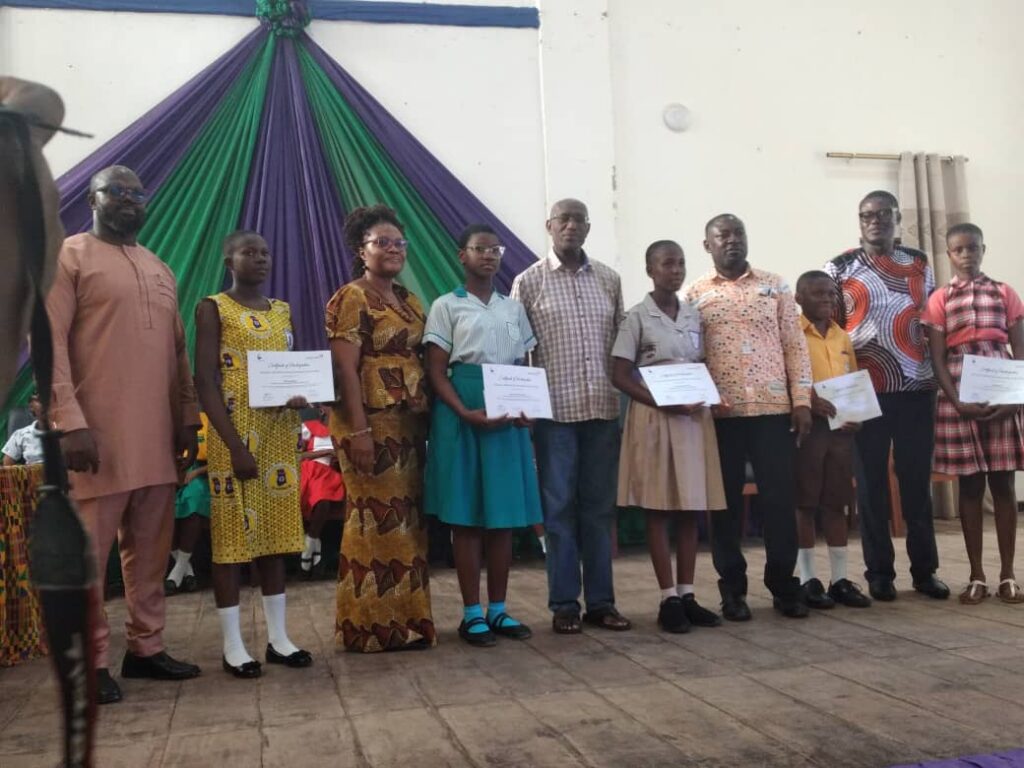
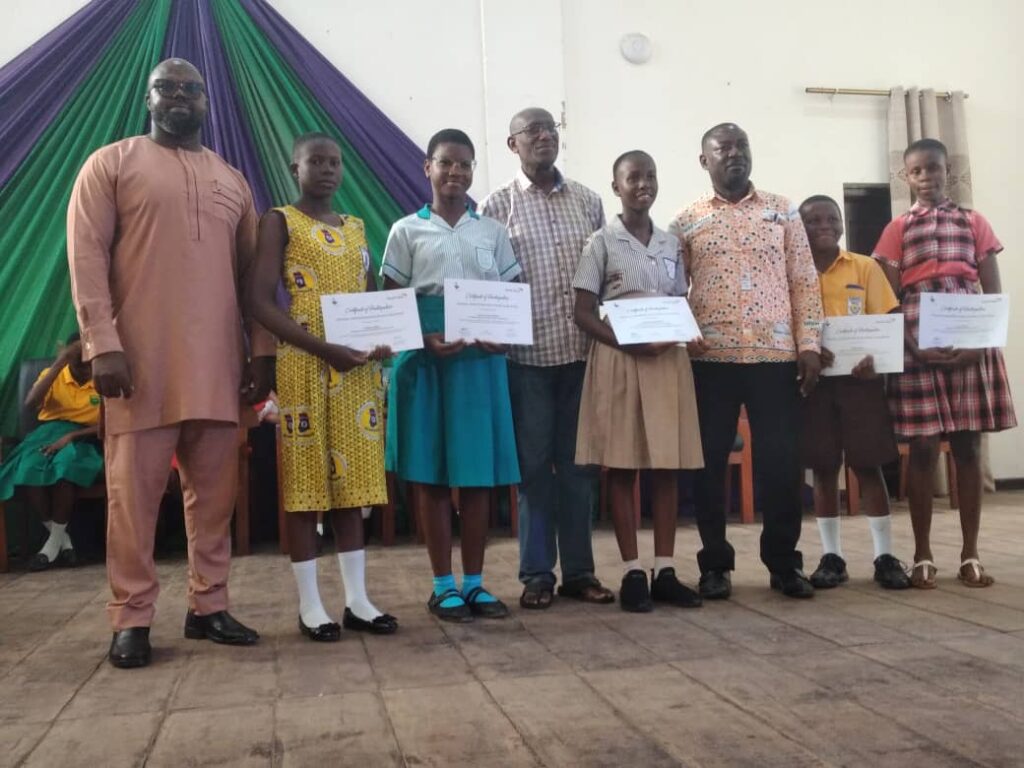
Source: ERIC SEKYI/ATLFMNEWS



